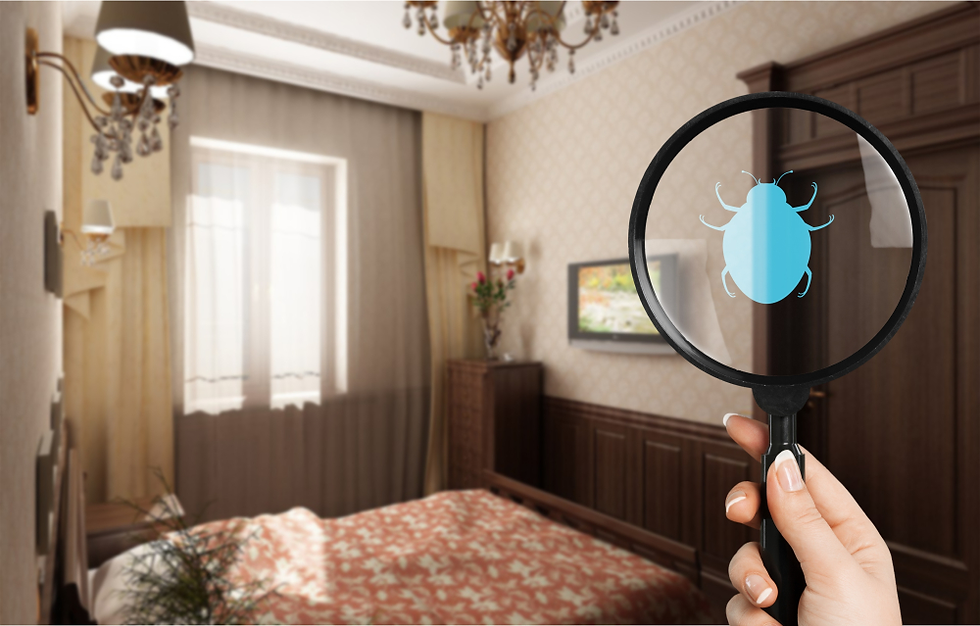A Basic Guide to Heat Pumps
- zoehsewell
- Sep 23, 2022
- 3 min read
Updated: Nov 13, 2025
Heat pumps have many benefits for your house. When electricity is only used to transform it, pumping the heat uses less electricity. The cycle can be turned around, so the device operates as an air conditioner in the summer. It is known as reverse cycle HVAC system.
The government has recently implemented new programs to encourage the transition to green living and alternative energy usage, encouraging the rise in the popularity of heat pumps in Australia.
What Are the Prices of Heat Pumps?
The cost of a heat pump will vary depending on the type of heat pump; however, prices are typically expensive when considering installation.

The Benefits and Drawbacks of Heat Pumps:
Educating yourself about the benefits and drawbacks of heat pumps before making a purchase is essential. Heat pumps have many benefits that make them a wise investment for homeowners, but they also have drawbacks that must be considered.
To assist you in making an informed choice and prudent investment in this low-carbon heating technology, we will examine these benefits and drawbacks in more detail below.
Requires less upkeep: Compared to heating systems that use combustion, heat pumps require less upkeep. Once a year, it is necessary to regularly check a few specific system characteristics, which you can do it with your DIY tools. On the other hand, a professional installation must inspect your heat pumps once in every three to five years.
Cooling is provided: Heat pumps can reverse the process and function as air conditioners during the hotter months. Air-to-air heat pumps can be converted to cooling mode. It is known as reverse cycle which can be turned into a cooling system in summer.
Improved Safety: Heat pumps are safe. They are safe to use, and because they use electricity instead of fuel to produce heat, they pose fewer safety risks than similar appliances.
Cuts down on carbon emissions: Your carbon emissions are decreased by a heat pump system, which also converts energy to heat quickly. For instance, water source heat pumps have efficiency levels that are close to 600%.
Eligible for the RHI program: The government offers two separate schemes to help install renewable heating systems. The Domestic Renewable Heat Incentive (RHI) program, aimed at homeowners, social and private landlords, and self-builders, may entitle you to compensation. On the other hand, public sector entities, including companies, organizations, and enterprises, are eligible for the Non-Domestic Renewable Heat Incentive.
Heat Pump Drawbacks:
One of the most effective options for home heating is a heat pump. Making this decision, though, may turn out to be costly in the beginning. The following are some disadvantages to consider while selecting a heat pump.
Uncertain Sustainability
It is advised to utilize biodegradable fluids because some fluids used for heat transmission are of doubtful sustainability, generating environmental problems.

Demands a Lot of Work
A heat pump installation requires considerable labor and inconvenience to your home and garden. An appropriate illustration would be the requirement to make penetrations through building cladding. Improper installation can lead to serious problems and increase your energy consumption cost.
High Initial Cost
Although heat pumps have a high initial investment, their low running costs result in long-term energy bill savings and lower carbon emissions.
Given that research must be done to understand the movement of heat, local geology, specifically for ground source heat pumps, and the heating and cooling requirements for your home, heat pumps are extremely challenging to install. So, hiring a trained heat pump installation team can save your cost and time.







Comments